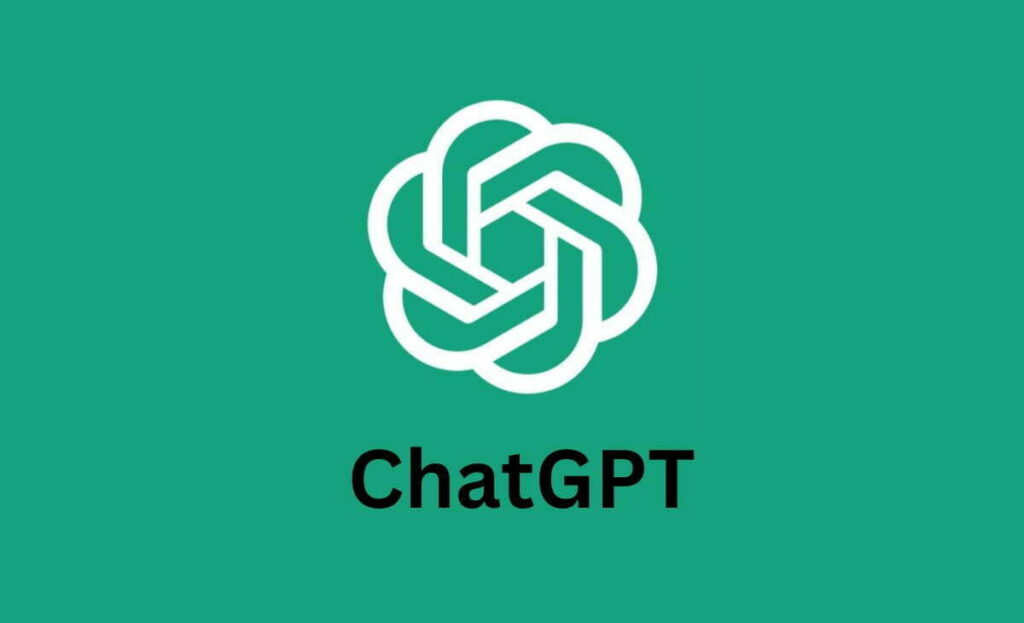ChatGPT goes to College

ChatGPT and other AI-powered chatbots become more ingrained in our social and professional workflow by the day. It’s no surprise to anyone that college students commonly use AI to complete assignments, compose emails, synthesize information, and create study guides, alongside many other uses. But, how do students conceptualize their usage of AI?
My advisor and I were curious as to what uses of AI college students believed to be academic misconduct. Is it cheating to use ChatGPT to complete assignments? Probably. What about creating an outline for a paper? Brainstorming research ideas? Crafting a study guide? Quizzing oneself over class information? We created a large survey that comprised questions about usage, motivations for use, perceptions of use ethicality, and perceptions of AI in general, and gave it to over 700 undergraduate students. Using factor analysis, we assessed the dimensionality of the data and found that students generally sort their uses into 3 main categories: ethical use, nonethical use, and nonacademic use. Surprisingly, students that use AI for ethical uses do not display higher levels of academic cheating in general, and students that use AI in ethical ways report that their education has been improved by AI.
This project composed my honors thesis, and was recently published in the journal Teaching of Psychology. The full text of our paper can be found on ResearchGate.